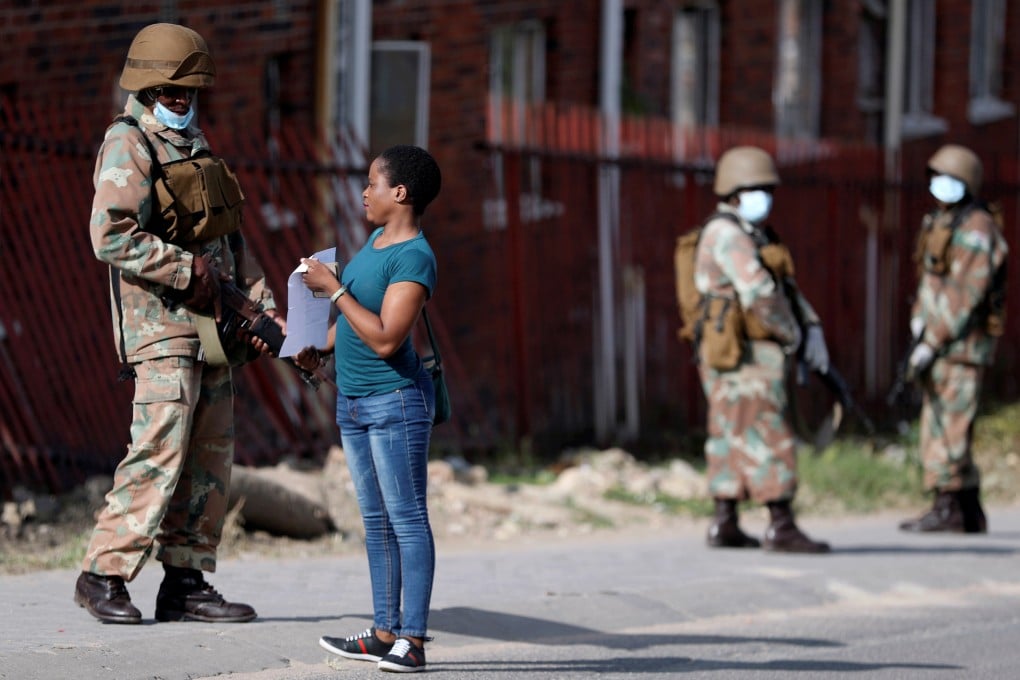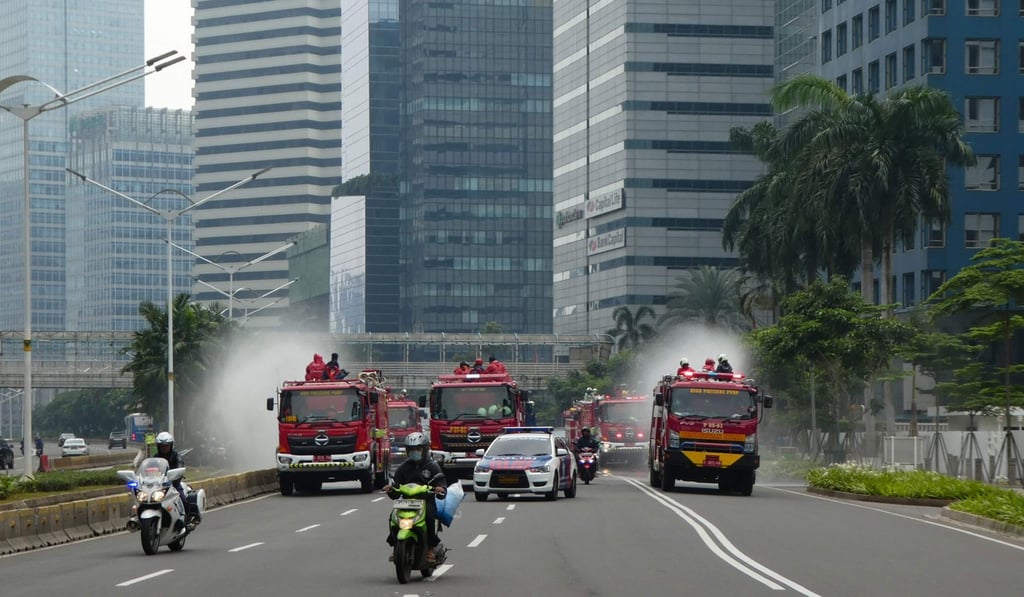Advertisement
Opinion | Why coronavirus lockdowns will not be easy for developing countries, and what they can learn
- As more developing countries impose containment measures to curb the spread of Covid-19, they can look at what has worked or failed elsewhere
- Major lessons are that there is no time to waste, and the effectiveness of strict lockdown strategies cannot be underestimated
Reading Time:4 minutes
Why you can trust SCMP

More developing countries have imposed lockdowns as the number of confirmed cases of Covid-19 infection soared in the last week. India has been under an unprecedented nationwide lockdown since March 25, with the country’s 1.3 billion people ordered to stay at home for at least 21 days. South Africa started a three-week lockdown on March 27 and brought in the military to ensure it is enforced.
In Indonesia, President Joko Widodo, commonly known as Jokowi, so far has resisted calls to impose a lockdown because of the social and economic ramifications, but pressure is mounting for such a measure in the capital Jakarta, which has seen over 600 confirmed cases.
As an increasing number of developing countries contemplate stricter containment strategies to control the outbreak, it is critical to reflect on some salient features of the Covid-19 pandemic in the light of the experiences and circumstances in these countries.
Advertisement

There are a few important facts that decision makers in developing countries must take into consideration as they consider their options.
Advertisement
The first is that Covid-19 is unlike any other epidemic in history: it is less deadly than viruses like Spanish flu, Sars, and Ebola, but it is extremely transmissive and has the potential to collapse an economy. This means that many existing rules and responses are of limited use in dealing with this outbreak.
Advertisement
Select Voice
Select Speed
1.00x